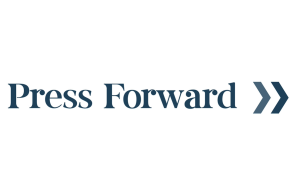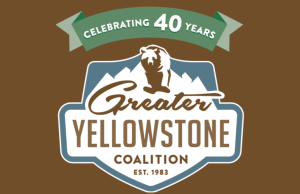Attorneys suing the organizers of the “Unite the Right” rally in Charlottesville, Va., in 2017 are invoking conspiracy laws and Reconstruction-era statutes originally aimed at the Ku Klux Klan (KKK).
The legal theory in the statutes is squarely on point and aimed to prevent people from engaging in racially inspired violence, according to Roberta “Robbie” Kaplan, founder and partner of Kaplan Hecker & Fink. Organizers of the 2017 “United the Right” rally in Charlottesville, Va., planned everything in great detail. Down to the gluten-free bread.
Kaplan represents counter-protestors of the Charlottesville rally who filed a case against the planners of the Charlottesville rally. Sines v. Kessler, backed by the nonprofit Integrity First for America, is expected to go to trial in October. A co-founder of the Time’s Up Legal Defense Fund, Kaplan was panelist during the ADL’s fourth annual #NeverIsNow Summit on anti-Semitism and hate, held yesterday at the Jacob K. Javits Center in New York City.
Panel discussions and workshops were held throughout the day, culminating with keynote addresses from comedian Sacha Baron Cohen, recipient of the ADL’s International Leadership Award, and Hamdi Ulukaya, CEO of Chobani, who receive the 2019 Courage Against Hate Award.
Sines v. Kessler was a primary topic during a session titled “After Charlottesville: Litigating Against Violent White Supremacy.” The reason it’s a conspiracy case is that all of these people are connected, said Karen Dunn, a partner with a partner with Bois, Schiller, Flexner. “We can’t treat it like an accident, like isolated events; it’s coordinated,” she said.
Everything was planned to detail, from what they were going to wear to what they were going to eat, including gluten-free bread. “That’s planned in exquisite detail,” Dunn said, describing it as the banality of evil. “How is it possible we had all that evidence at the complaint stage? It’s usually at discovery. The reason we have it is they planned this in private chat rooms,” she said, and other anonymous online platforms and apps.
It’s clear from those materials that rally organizers were looking to make an “end-run” around laws and how to make it look like self-defense, Dunn said.
Another session examined bias and hate online and how the law is falling short. Consumer protection and product liability laws were developed to address issues in the industrial economy, tools to regulate businesses that cared so little about employees that they locked them in factories, according to Ari Waldman, professor of law and founding director of the Innovation Center for Law and Technology at New York Law School.
“We developed legal tools to address the industrial economy, we have yet to develop tools for the information economy,” Waldman said. It’s why the information economy metastasizes this problem, especially for marginalized populations, he said, adding that perhaps it’s time for new legal tools to address the information economy. “Otherwise, we’re still left with a situation where we have old tools for new problems.”
Waldman advocated for a need to changes in speech laws in this new information economy. “We used to think the response to hate speech was more speech,” he said, with good speech rising to the top in the “marketplace of ideas.”
With the rise in activity of armed militia groups at the border and elsewhere, some statutes apply that are from 1970s when KKK was increasing its training programs, according to Mary McCord, visiting professor law and senior litigation at the Institute for Constitutional Advocacy and Protection at Georgetown University Law Center. “We have seen these movies before. Dusting off these legal tools….it’s time to do that again to prevent more violence,” she said.
Every several decades, there’s a trial that ends up having an impact not only between the political parties but ends up serving the function of having a national teaching session on an issue, Kaplan said. In the past, it’s been the Scopes monkey trial, and more recently, California’s Proposition 8, which was a companion case to U.S. v. Windsor, which she represented.
“This trial I believe will serve that function,” Kaplan said. “I very much hope it will be a wake-up call to the American public, frankly even to the Jewish community, about what is happening in this country we all love and cherish,” she said.
“We have a constitution and a court system that has a long history of backing rights of minorities,” Kaplan said. “We have rule of law.”











